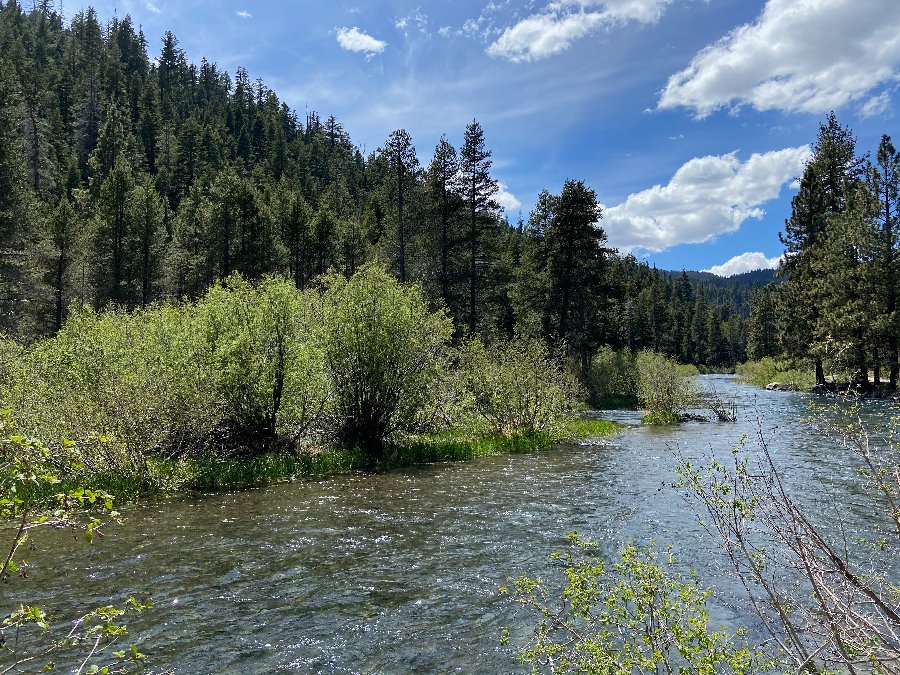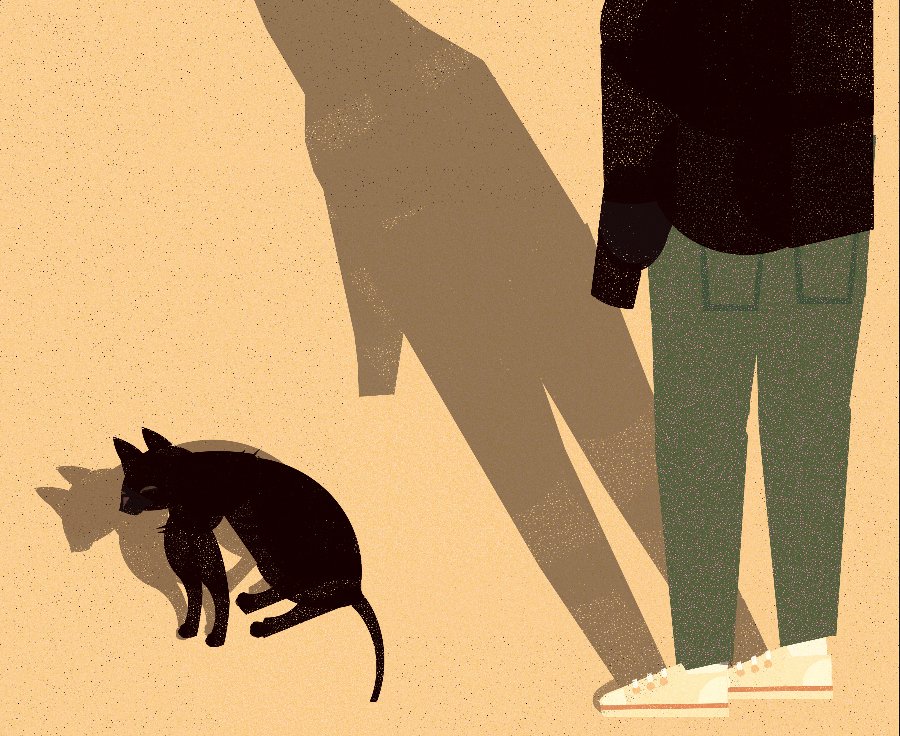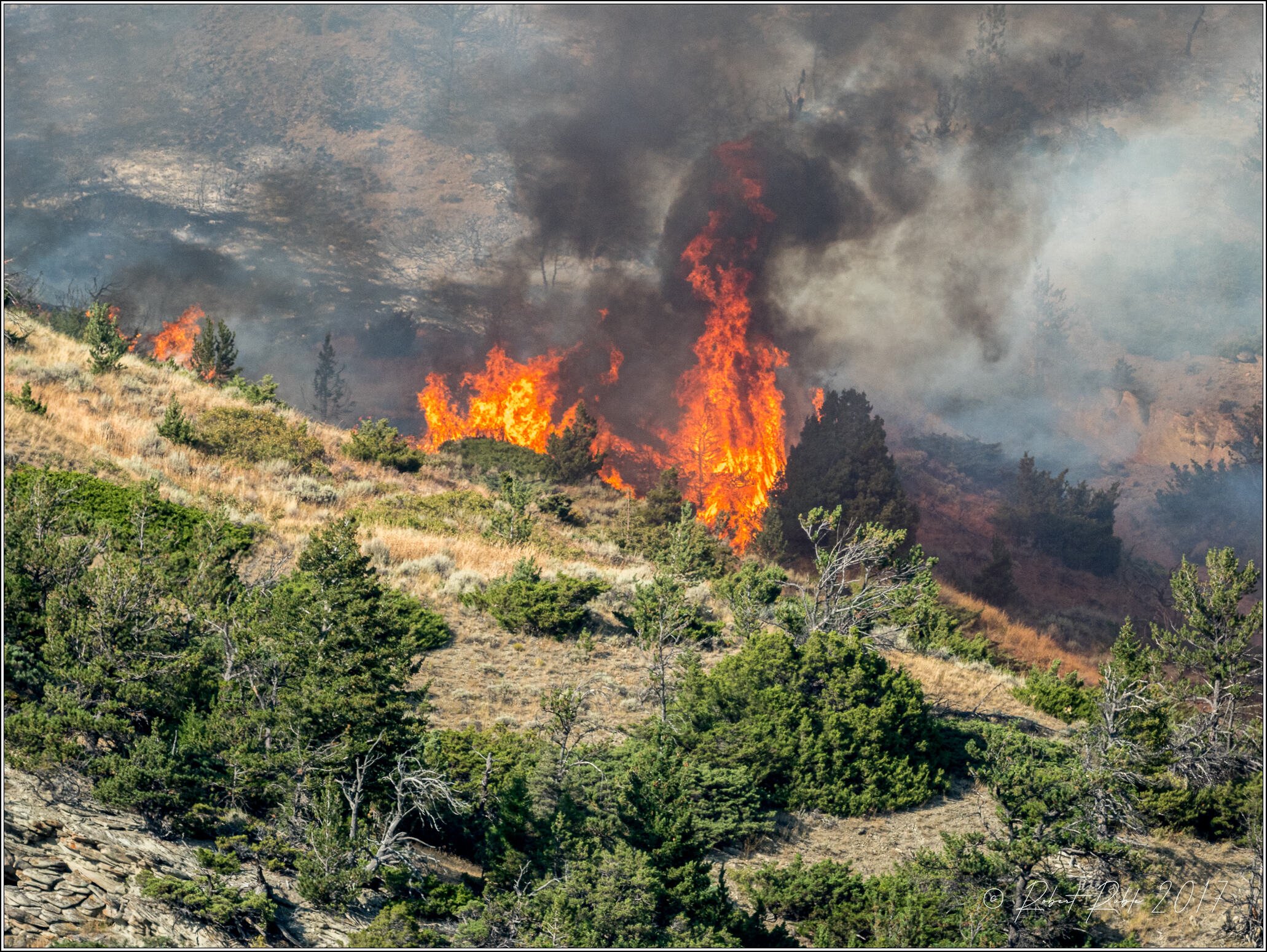Seeing the River
/By Nicholas Crane Moore:
The first river I loved was the Truckee, which my family floated every summer for years. It spilled gently out of Lake Tahoe, clear and cold in the heat of August. From my uncle’s raft, much was visible to astound a little boy. I could see tiny pebbles on the bottom through four feet of water. And small fish, brown and rainbow trout, flitting in and out of the raft’s slowly moving shadow. I could see my feet, magnified somehow by the water as they dangled in the river. But there was much that I could not see.
The river, then, was nothing more than a highway of water coursing through the mountains. It was just a current towing us across a summer afternoon. It was a feeling. A sensation of sun and water splashing on bare skin. A memory of joy with cousins. It was not yet the centerpiece of a watershed, a catchment for runoff and debris. It was not yet a reflection of the environmental conditions around it.
Even as a child, the presence of a road alongside portions of the river seemed strange, somehow out of place, though I was unaware that oil and particles of car exhaust make their way into the water. Or that the paved roadway increases erosion by transforming rainfall and snowmelt into fast flowing sheets. There was a road, and there was a river. They were separate things. The influence of humans on our habitat was not yet something I understood.
Sometimes I miss those days, when I knew less about the harm we inflict on the natural world. Sometimes I wish I did not know, for instance, that the EPA classifies the upper Truckee as impaired based on sediment volumes that degrade aquatic habitat, largely a result of development in the watershed. That the river’s endemic fish, the Lahontan cutthroat trout, survives today in only a small remnant of its former range is something I have wished I could forget.
As an environmental lawyer, it is part of my job to know, and to learn. I have had to acquire a great deal of information that is painful for one who loves nature to bear. Knowledge is power, indeed, but it can come at a cost. Of this price the naturalist Aldo Leopold wrote, “One of the penalties of an ecological education is that one lives alone in a world of wounds.” One lived alone because others, he sensed, did not share his understanding of what he called the land organism; ecology in the late 1940s was a burgeoning, niche field. That is no longer the case, but there is an enduring truth to the notion that most of us are not equipped to discern the subtle evidence of a compromised landscape. Quite simply, as Leopold wrote, “Much of the damage inflicted on land is quite invisible to laymen.”
In many ways, the modern world is not arranged to promote a deeper understanding of human effects on the environment. Our economic system depends on a certain level of obliviousness to the byproducts of consumption. Businesses in the Lake Tahoe region, for instance, find it in their most immediate interest to speak of the lake and its outlet river solely in terms of their stunning clarity and hue, their restorative qualities. The EPA’s qualms about sediment do not find their way into the brochures of ski resorts and boat rental outfits. Given basin waters are safe for swimming and drinking, I cannot really blame them. It would detract from the tourists’ experience—and perhaps the amount they are willing to spend—to learn that in escaping the grime of Los Angeles or San Francisco they have fled not to some pristine vestige of Eden, but to a beautiful place in which human habitation has similarly altered, to a lesser but still significant degree, the delicate balance of life. To know that one is contributing to that disruption, however insubstantially, would presumably dampen the vacation mood, if only for a moment. I know at times it has for me.
One of life’s challenges, I have found, is accepting that we have hurt someone we love. There can be an instinct to look away, to deny, to assume that everything is fine. But I have learned the hard way that it is only through seeing the pain, understanding its causes, and acknowledging our role that we can begin to heal the wound. I think the same is true of the landscapes we explore and inhabit, which are as infinitely complex, and as sensitive, as any person.
Judging by trends in social media, advertising, and travel, it is a common desire today to find a connection with the natural world. If one is to develop a meaningful relationship with a mountain, or a valley, or a river, I believe it is imperative to engage with that place by learning more about it. Not only about the way it works, the way its dynamic balance is achieved (which can be immensely satisfying), but about the ways in which it has been degraded, and made susceptible to further harm (which can be sobering). By doing this one can begin to love a place in an active, real sense—not in the way we say we love a TV show or a restaurant, but in the way we love a friend. Because protecting ourselves from knowledge of the damage we have caused does not protect either the people or the places that we love. It only leaves them vulnerable.
This is not to say that every road near a river should be torn up, or that it’s reasonable to demand utter purity from every water body. Humankind cannot live on this earth—not in anywhere remotely close to the quality of life and health that we now enjoy—without substantial impacts on its lands and waters. But I think we should at least know what those impacts are. We should understand the trade-offs. Laws like the federal National Environmental Policy Act and its state equivalents, which require disclosure and analysis of the environmental consequences of an array of public and private endeavors, embody this goal. If nothing else, they are triumphs of transparency in an opaque, often sugarcoated world. Combined with the amplifying power of the internet, each of us now has at our fingertips more information than Aldo Leopold could have ever imagined. One need not live alone.
Though my visits to the Truckee are rarer now, they still fill me with wonder. The rich blue of the deep pools, the grace of water as it slides over boulders, the pull of the current coaxing my body downstream—phenomena that can be explained in a scientific sense—evoke a mystery that no amount of scrutiny can dissolve. When I swim in that clear, cold water, I am still a little boy. And yet the river is more to me now than it once was, layered over with learning and meaning. It has become a reminder to look for what is not easily seen, and to accept whatever I find. I love the river more than ever.
***
Nicholas Crane Moore is a writer and public interest environmental attorney in Anchorage, Alaska. His writing on the environment has appeared in Edge Effects magazine, the Revelator, Environs, the Daily Journal, and the Daily Californian.









